We have been witnessing a digital revolution worldwide which affected all industries, especially with the evolution of digital payment methods. The global connectivity due to the introduction of the Internet allowed for the flow of information, payments, emails, texts, to name a few. We all so quickly got used to having a mobile phone that gave us quick and easy access to all the banking and finance needs, exchange of data, verbal, video and text communication. The IT industry has flourished over the years by introducing new software, Apps and programs with a greater emphasis on mobile phone users. An everyday consumer has rapidly accepted online bank cards, online banking and investment systems, digital cash, online roboadvisers, trading in cryptocurrencies and other digital tokens mainly because they were introduced with user-friendly mobile interfaces.
Kazakhstan, which used to be part of the USSR, gained its independence back in 1991, is the largest country in the Central Asian region. The banking sector in Kazakhstan introduced digital and QR code payment systems a few years ago and strongly promoted cashless payments. The digital payment options have quickly received acceptance from the general population. It was easy, convenient and fast to transfer money and pay for goods and services. It was interesting to witness that even small shop owners had access to the QR codes and, in general, MSMEs were happy to accept cashless payments. Physical cash was rarely circulated. The vast majority of payments were digital, and whenever someone had a banknote, in many cases, sellers could not accept it as they did not have change and asked for a digital transfer of the funds. It was all due to smart mobile phones that could provide access to the online banking apps that offered omnichannel banking experiences, from basic banking needs to all the types of shopping, travelling, investing needs, and so much more. The Kazakh nation has been tech-savvy for years and showed no signs of slowing down.
This all changed on the 4th of January 2022, when the lives of the citizens were thrown into turmoil. Suddenly there were demonstrations and unrest and a major disruption to everyday life. Sadly there was also loss of life. The entire country was in a state of emergency, and people were urged to stay at home. There was no Internet access, mobile networks stopped working, international numbers could not be reached on landlines – the country was cut off from the outside world. The banking sector stopped operating, the stock exchange suspended operations, and ATMs were emptied.
Large supermarkets and malls were closed, none of the point of sale terminals were working, and none of the bank cards were accepted. When going to the small local shops to buy bread and milk, the ordinary citizens were asked to pay with cash only as all the cashier online payment systems were not operating. Everyone had money in their bank accounts but could not access them to pay for essential goods. People did not have any cash savings at home as they got used to mobile phone cashless payment systems. After a few days, while queueing for food, some people were desperate to buy necessary items but had no cash to pay for them. They started asking people if they were able to give some money in exchange for expensive phones and other valuable items; others were asking shop owners to provide food in exchange for valuable items. In the emergency state, the barter system started its operation.
What happened in Kazakhstan is unprecedented but makes us all think about the key questions:
Are we ready for the digital world?
Are we ready to have only digital means of payments?
What happens to us and our daily lives once the Internet goes down due to various reasons?
What happens to technology, the finance and banking sectors, and, most importantly, payment methods in the absence of the Internet and global connectivity?
What will be the value of cryptocurrencies and other digital tokens when there is no access to the Internet?



